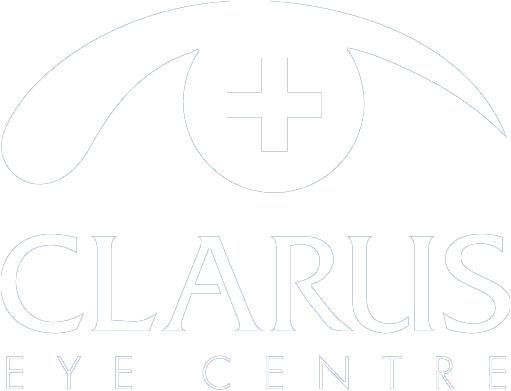About The Retina Service
The Retina Service at Clarus offers premier care for diseases of the retina, macula, and vitreous using a range of advanced medical and surgical treatments.
Our team of retina specialists includes Dr. Jane Myung and Dr. Penny Reck, both of whom are board-certified ophthalmologists and highly trained retina subspecialists. They have completed medical school, medical internships, specialized ophthalmology training, and additional two-year fellowships in retina repair eye surgery. Their expertise, experience, and focus on delivering the utmost compassionate care to patients and their families is what sets The Retina Service apart.
What is a Retina Specialist?
Retina specialists are highly skilled physicians and surgeons committed to helping people with retinal conditions preserve and improve their vision so they can see for a lifetime.
A retina specialist is a medical doctor who has specialized in ophthalmology and sub-specialized in diseases and surgery of the vitreous body of the eye and the retina. This subspecialty is sometimes known as vitreoretinal medicine.
Retina specialists are highly trained. They must complete medical school and specialized training in ophthalmology, as well as vitreoretinal training. This includes:
- Medical School - 4 years
- Internship - 1 year
- Ophthalmology Residency - 3 years
- Retina Fellowship - 1-2 years
What Does a Retina Specialist Do?
Retina specialists diagnose retinal diseases using highly technical equipment and testing. They work in both hospitals and clinics treating a wide variety of eye conditions in both adults and children.
Medical and surgical procedures used by retina specialists are extremely sophisticated, including delicate surgeries on tissue thinner than a butterfly’s wing.
Retina specialists treat conditions ranging from age-related macular degeneration and retinal detachment to cancers of the eye. They also treat patients who have experienced severe eye trauma as well as children and adults with hereditary diseases of the eye.
Common conditions and diseases retina specialists treat:
Contact The Retina Service at Clarus Eye Centre
If you are interested in learning more about what The Retina Service at Clarus can do for you, please contact us today! We look forward to seeing you soon.
Prefer to email us?
Please complete and submit the form below. A representative will contact you as soon as possible.

